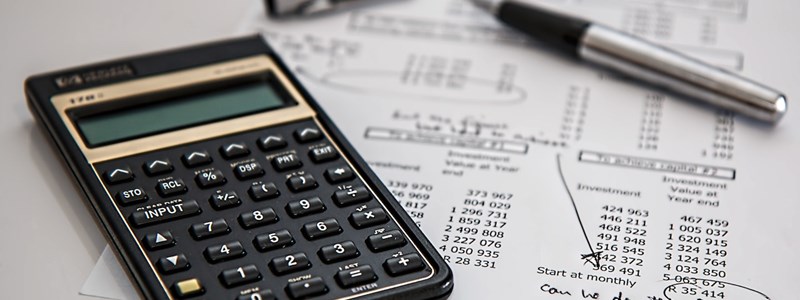
What is bookkeeping?
.
Bookkeeping is the process of recording and classifying financial transactions in a systematic and organized way.
It's not the most exciting topic for most businesses, but nevertheless, bookkeeping is an essential part of managing a business, because it provides a clear and accurate record of a company's financial activities.
In this short (but explanatory) guide to bookkeeping, we will cover the basics of bookkeeping - for a UK audience in mind.
A short disclaimer, before we begin...
Please bear in mind that this information is purely for information purposes. If you need specific - or in-depth financial or accountancy advice, it's always best to get in touch with a registered accountant.
For most businesses, especially those that are first starting out on their journey, the first step in bookkeeping is to create a chart of accounts, which is a list of all the categories that a business's transactions can be classified into.
These categories can include assets, liabilities, expenses, and revenues.
Each category above is assigned a unique code, which is used to classify transactions when they are recorded in the company's "books".
Business transactions
Once the chart of accounts has been created, the next step is to record business transactions (such as sales, or payments to suppliers, for example).
In the UK, businesses typically use double-entry bookkeeping, which means that each transaction is recorded in at least two accounts. For example, when a company purchases some goods on credit, the transaction is recorded as a debit to the company's inventory account and a credit to the accounts payable account.
This ensures that the company's books are always in balance. Having company accounts out of balance can be a nightmare for any business owner - or their accountant!
Transactions are typically recorded in a journal, which is a chronological record of all the transactions that have occurred.
The general ledger
From the journal, the transactions are then transferred to the company's general ledger, which is a summary of the company's financial activity. The general ledger is used to create financial statements, such as the balance sheet and the income statement, which provide a snapshot of the company's financial health.
Bookkeeping also involves reconciling the company's books with its bank statements. This involves comparing the transactions recorded in the company's books, with the transactions that appear on the bank statement and making any necessary adjustments to ensure that the two sets of records match.
In the UK, businesses are required to keep accurate and up-to-date records of their financial transactions, especially if you are running a limited company (Ltd Co). In this case, it's always wise to hire a professional accountant. By law, This means that bookkeeping should be done on a regular basis (e.g. daily or weekly) to ensure that the company's books are always up to date.
Bookkeeping is an incredibly important aspect of managing any business - big or small - as it provides a clear and accurate record of a company's financial activities. Not only will your accountant thank you for your diligence in recording your transactions, your bank manager will too!
